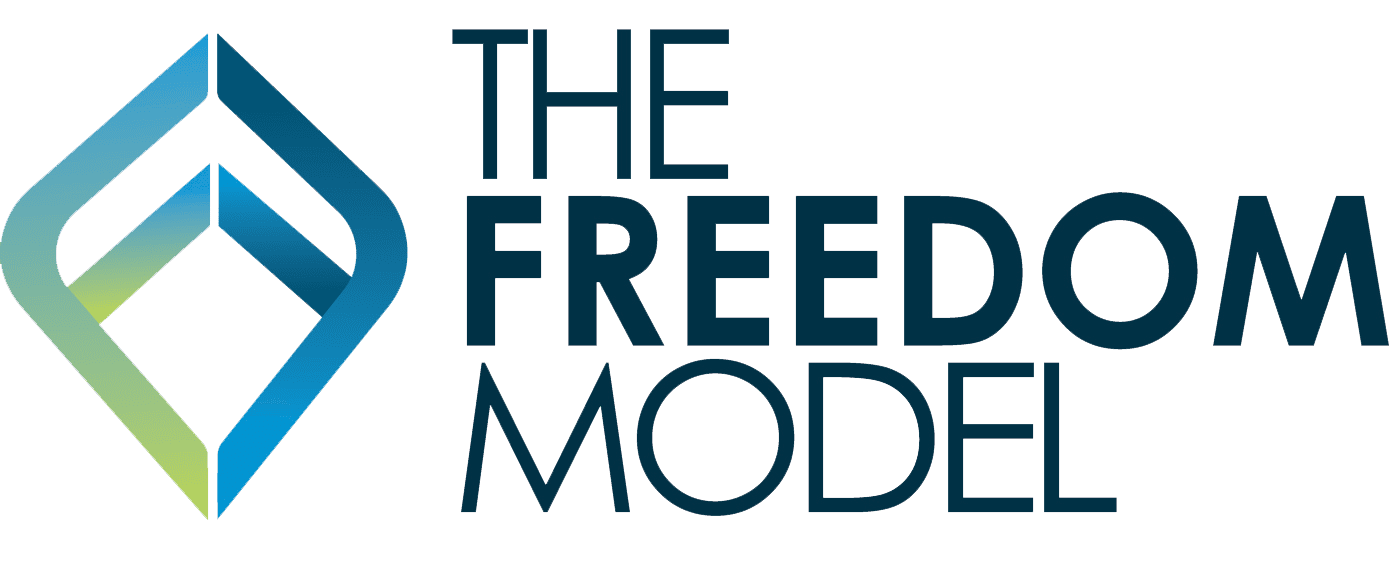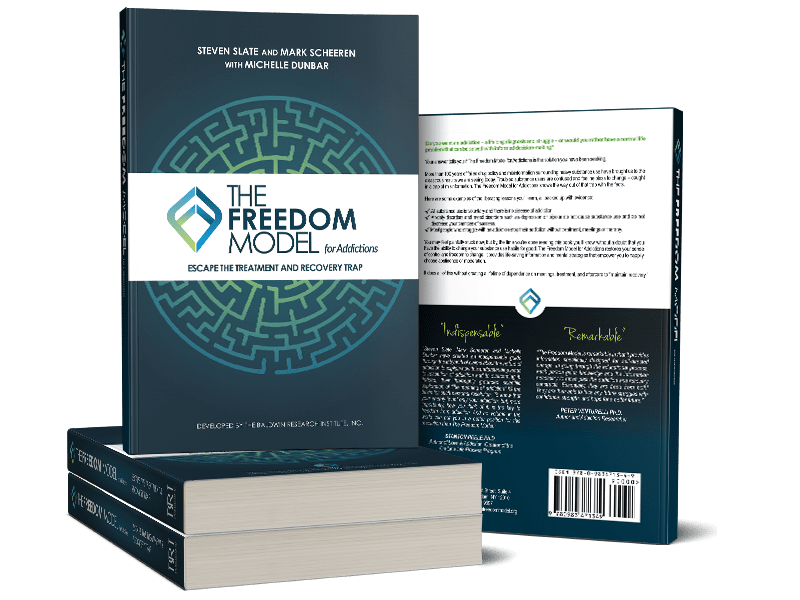You Asked, We Answered
Addiction Questions
I looked through your websites and I agree drug addiction and alcoholism is not a disease. But I do think it is a lack of control and strength. I’ve certainly felt weak and made the choice to get high again. So I think you are a bit off base here.
The Freedom Model for Addictions addresses this topic in great detail throughout the text. Here is a brief excerpt that makes the point that disease and the “lack of control” argument are the same thing:
“Perhaps you are one of the many struggling substance users who don’t believe addiction is a disease. We get many guests at our retreats who agree that it is not a disease. Maybe you believe one of the alternative yet equivalent models of addiction in which it’s not a disease but still involves a distinct lack of control. No matter; your results are the same. If you think trauma is causing your substance use and you set out to battle your trauma, the principle is the same—your conclusion that heavy substance use is what you need to be happy still goes unchanged. It nags at you while you focus on the red herring of trauma. Dealing with your “underlying causes” and “co-occurring disorders” plays out the same way. Trying to “increase self-control” or solve the problem through nutritional supplements and macrobiotic diets, yoga, meditation, exercise, and alternative support groups are methods that equally miss the point.
All those theories focus on battling an imagined cause of substance use. In fact, there are no causes to be battled; there are only reasons held within the mind that underlie your preferences and choices. By ignoring reasons, these methods never allow you to address the conclusion you came to that heavy substance use is what you need to be happy, thus leaving your desire intact. They leave you preferring heavy substance use by distracting you from reassessing its relative perceived benefits. It is true that some people accidentally determine that they no longer prefer heavy substance use while employing these approaches. These people got it despite the “help” they received.
Determining whether your current substance use makes you happy enough or you’d be happier with some level of change is everything. Once you arrive at the conclusion that your former style of substance use is not your happiest available option, the desire to continue it will literally melt away. That’s why understanding the Positive Drive Principle is so important. Once you accept that your behavior is in pursuit of happiness, you can get on with discovering your happiest options. Substance use becomes a choice like any other choice when you see it this way. It might be an emotion-laden and a complicated choice that takes some serious unpacking and reexamination, but it is a choice nonetheless.”


0 Comments